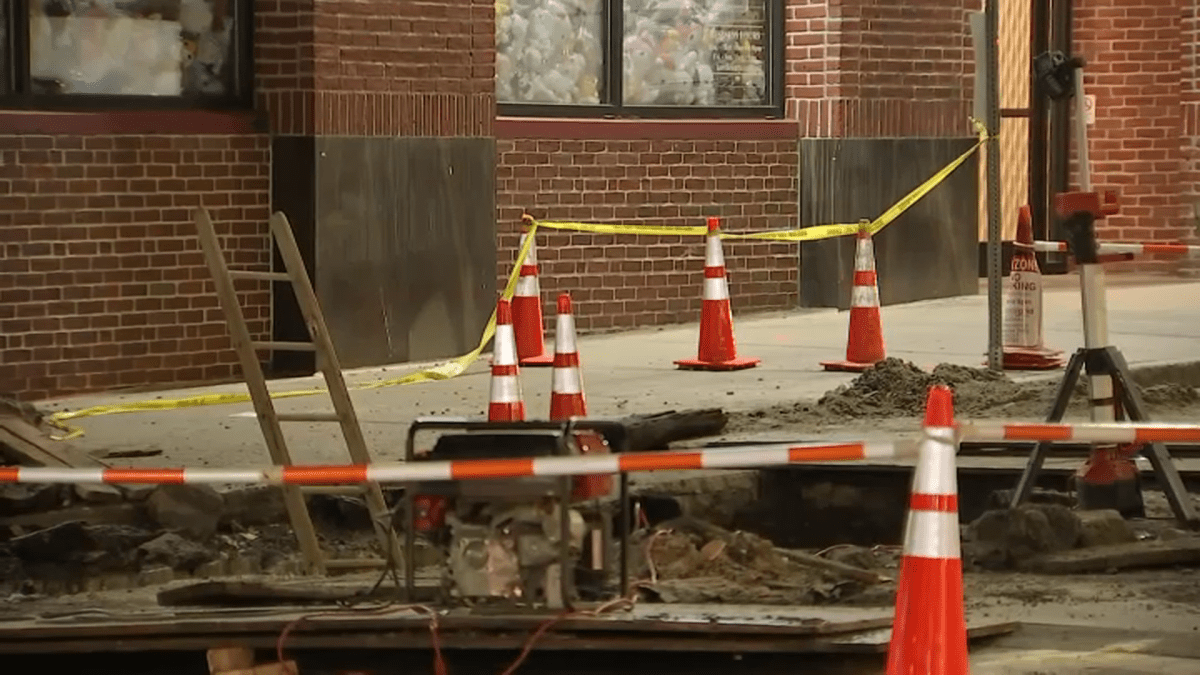Ocean levels are rising faster and faster — at least in the southeastern United States and in the Gulf of Mexico — indicates a recent study by Tulane University in New Orleans. At a rate of half an inch per decade since 2010, the velocity beats previously observed records.
In a region of the globe particularly susceptible to rising sea levels, researchers from New Orleans — the same city hit by Hurricane Katrina in 2005 — have been investigating a phenomenon that could be disastrous for the place. Using a combination of data from as far back as 1900, both collected in the field and obtained by satellite, scientists were able to observe the evolution of sea levels and pinpoint possible causes for the rises.
“These high rates are unprecedented in the 20th century and are three times higher than the global average for the same period,” says Sönke Dangendorf, lead author of the study. Such a high acceleration intrigued the researchers, who could not explain the phenomenon from factors such as melting ice, ground movement and changes in atmospheric pressure.
Delving into the possibilities, scientists found changes in an area of the North Atlantic known as the Subtropical Vortex. Over the past 12 years, the region spanning the coastline from the Gulf of Mexico to the coast of the state of North Carolina, in addition to the Caribbean seas, has undergone changes in density and circulation. Warmer water expands, taking up more space and raising sea levels.
Scientists note that a portion of this increase is related to periodic climate variations, but that overlap with human actions, intensifying the phenomenon. Therefore, it is likely that the rates of rise in sea level in the region will decrease again in the near future.
That doesn’t mean the area is worry-free. Torbjörn Törnqvist, a professor at Tulane and co-author of the study, says that the states of Texas and Louisiana are under high pressure thanks to these rates. The scientists conclude that collaborative efforts are needed to meet the challenge that climate change poses.
Source: Nature Communications Via: Phys.org




